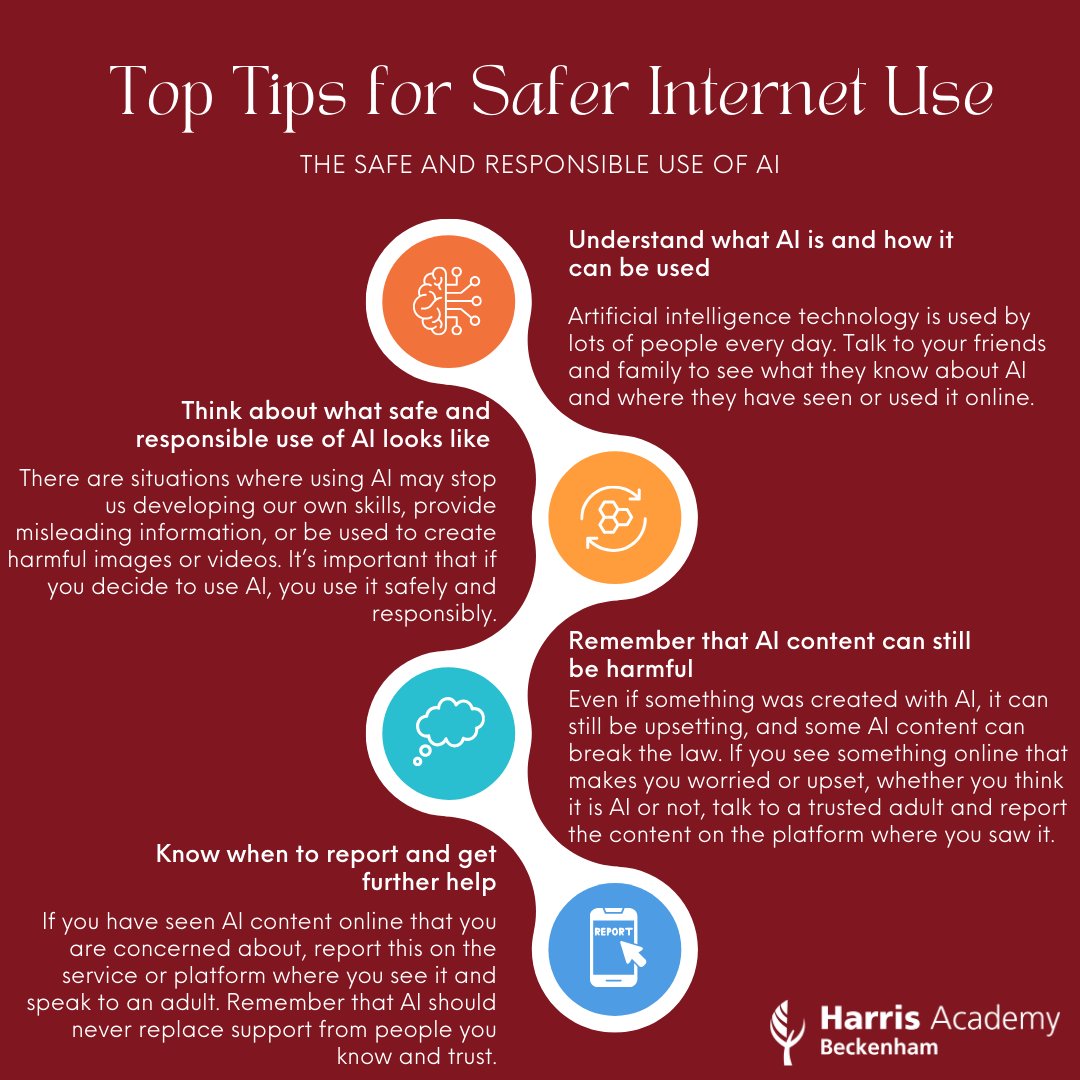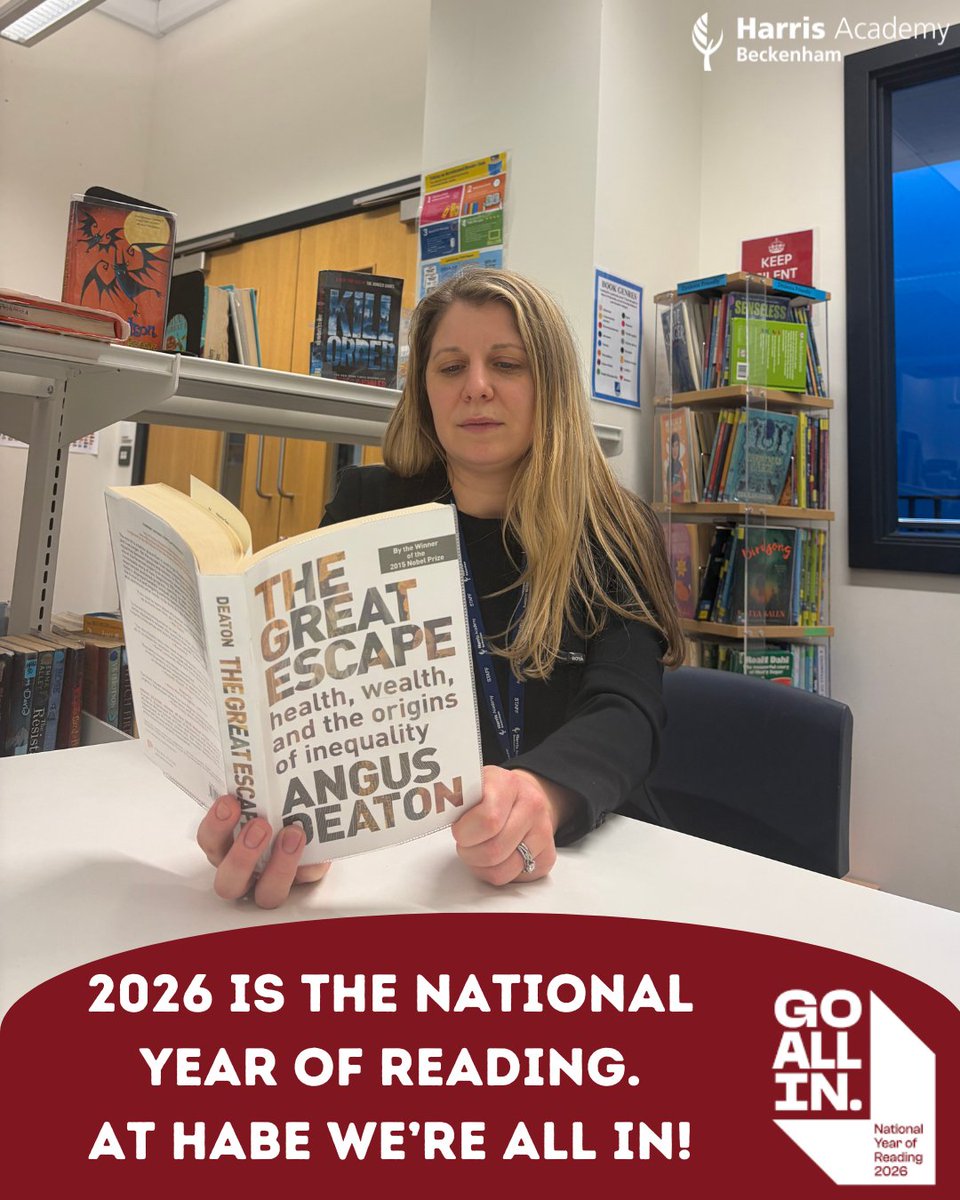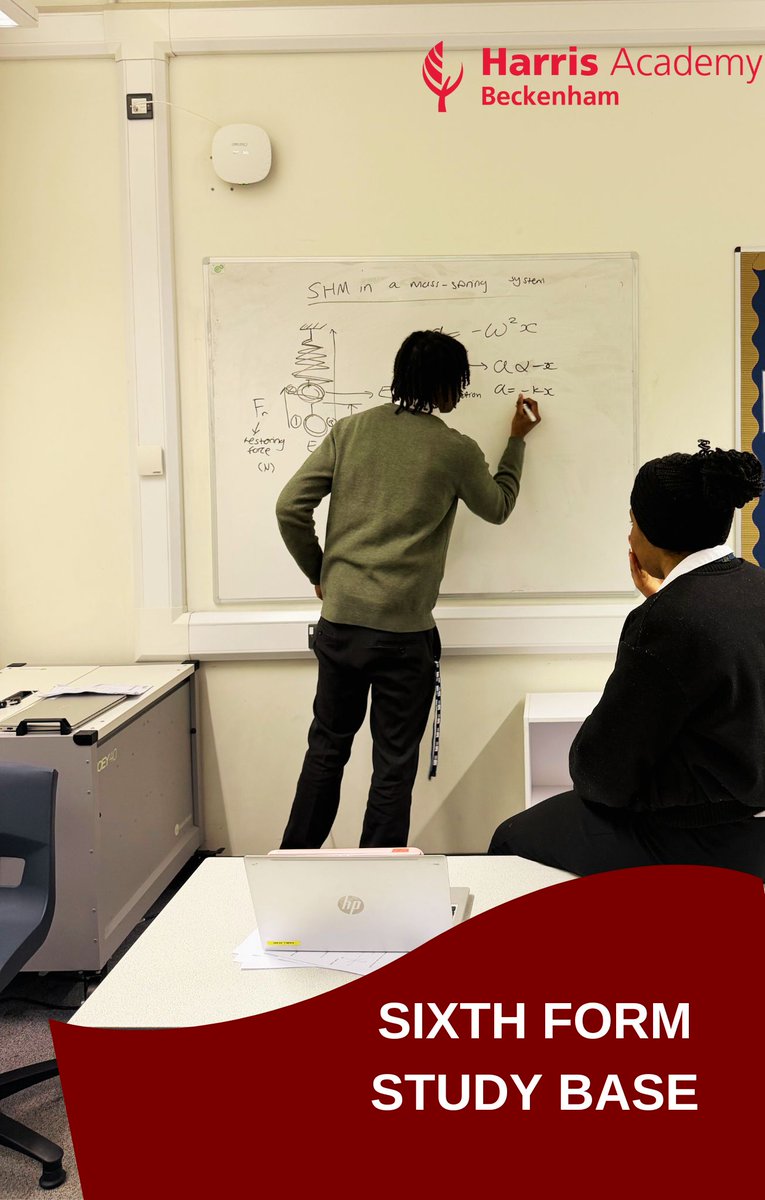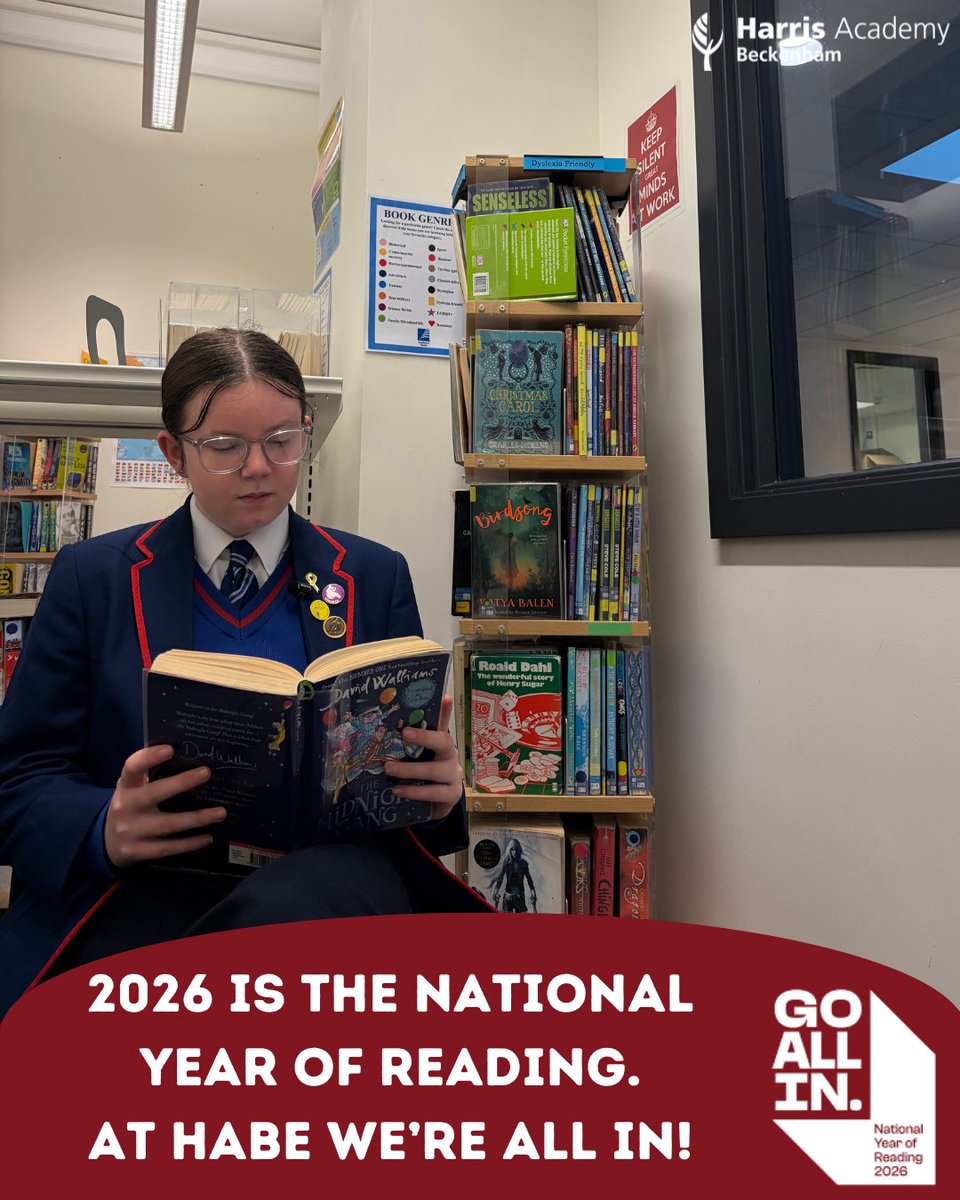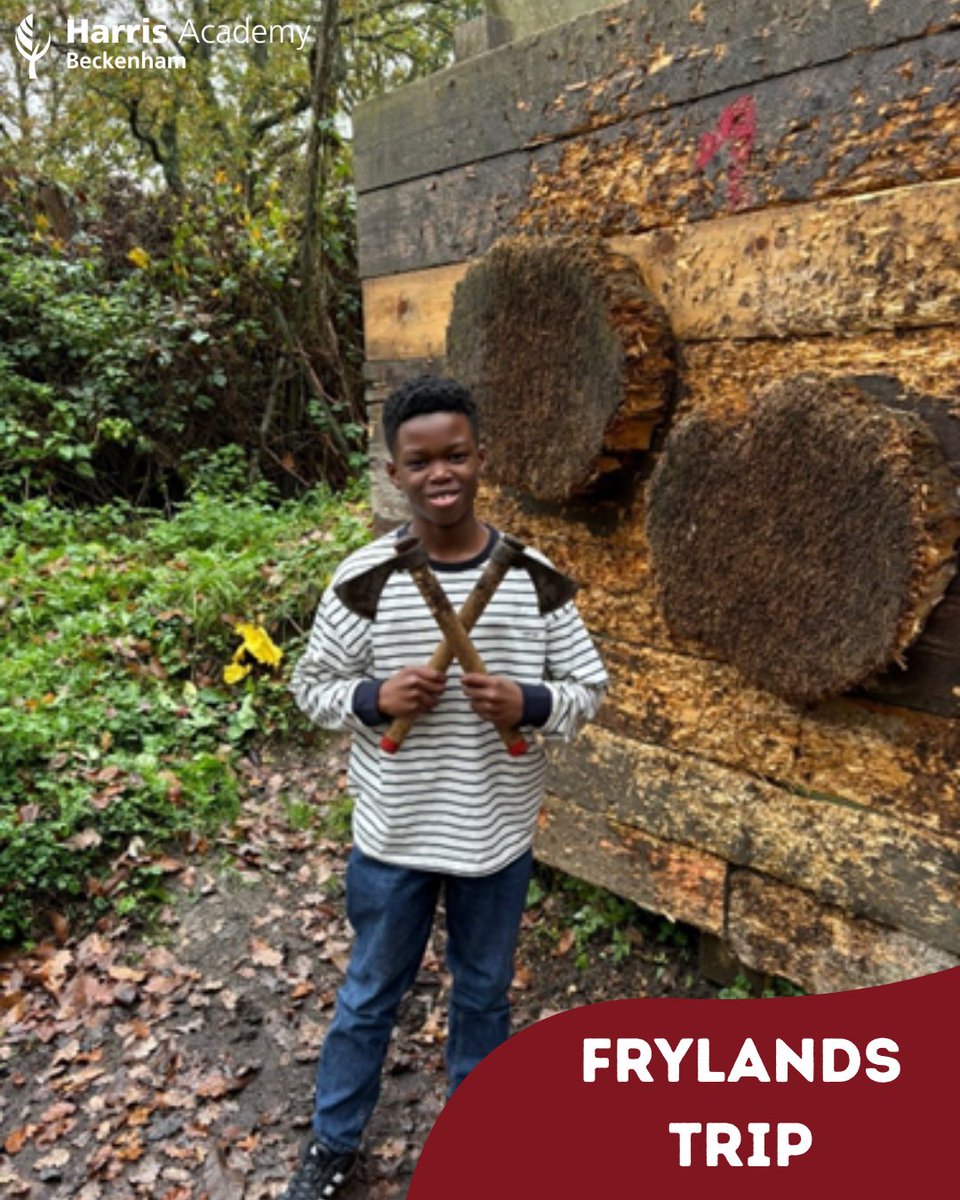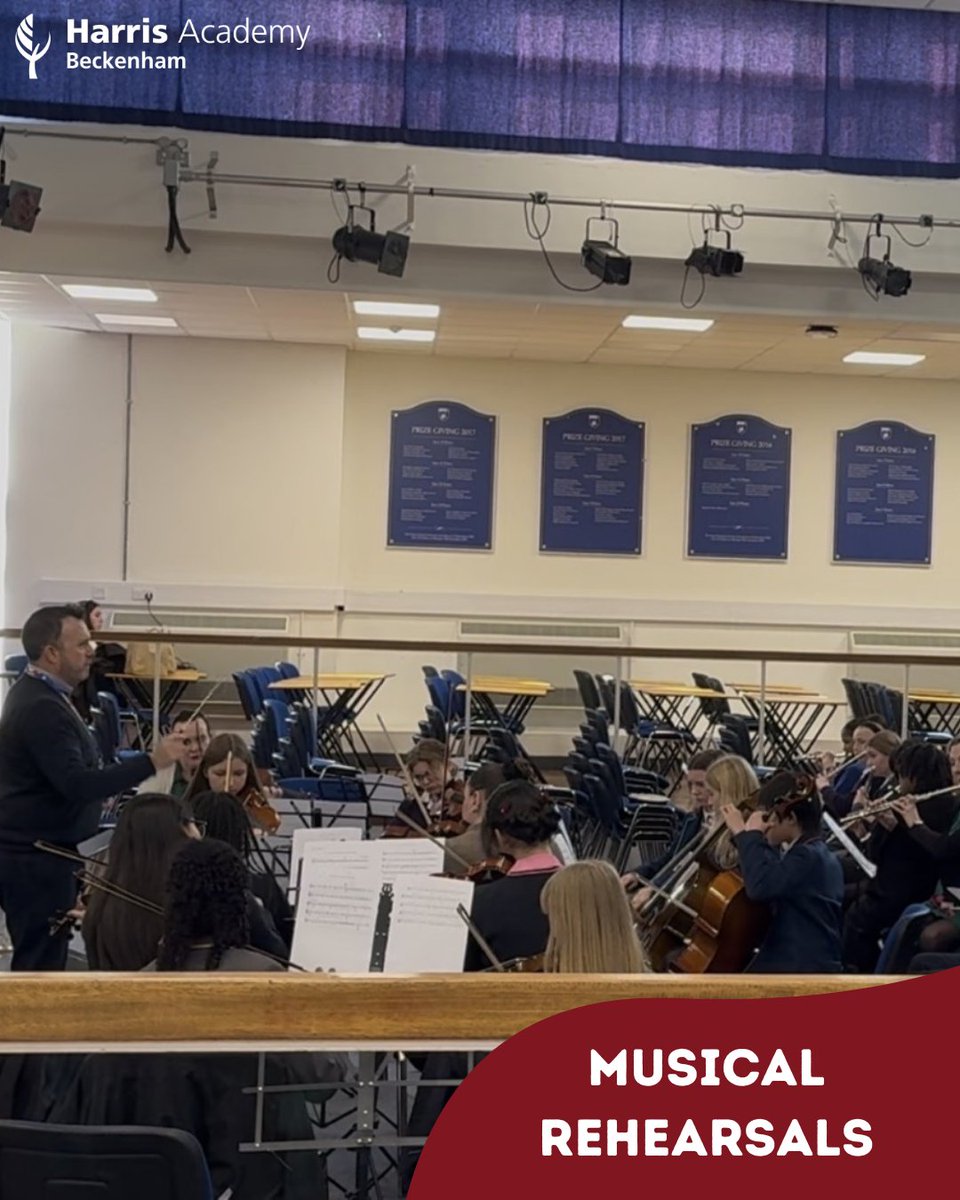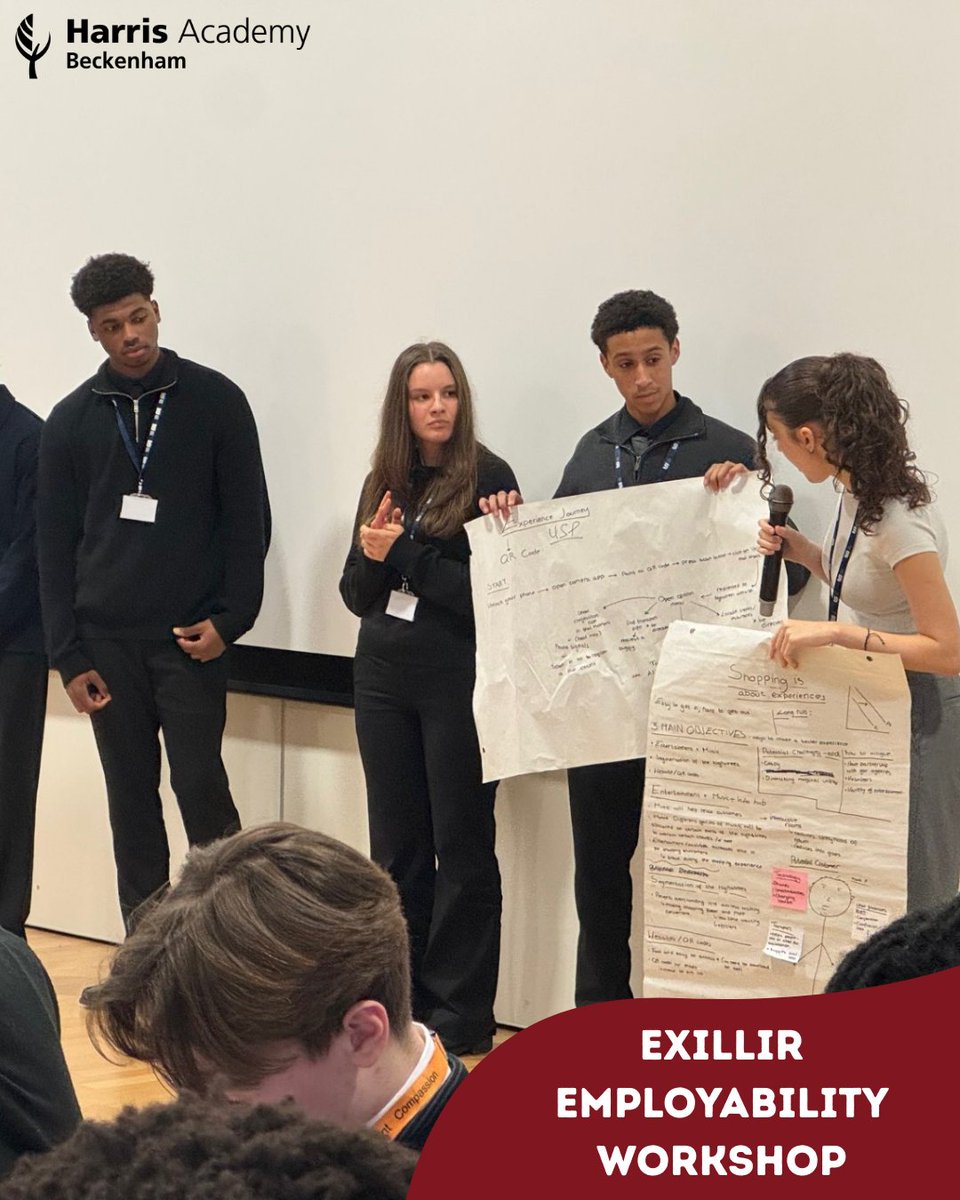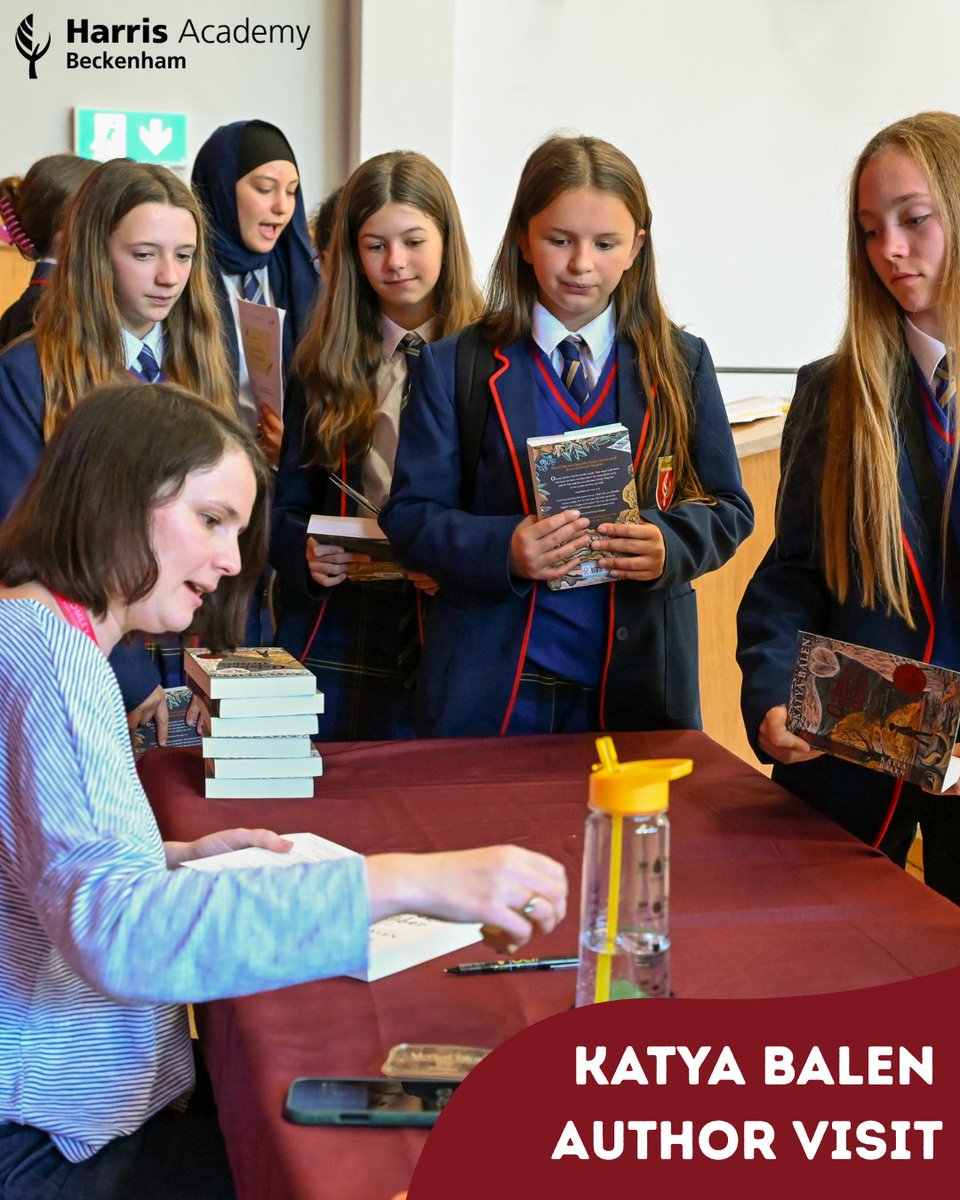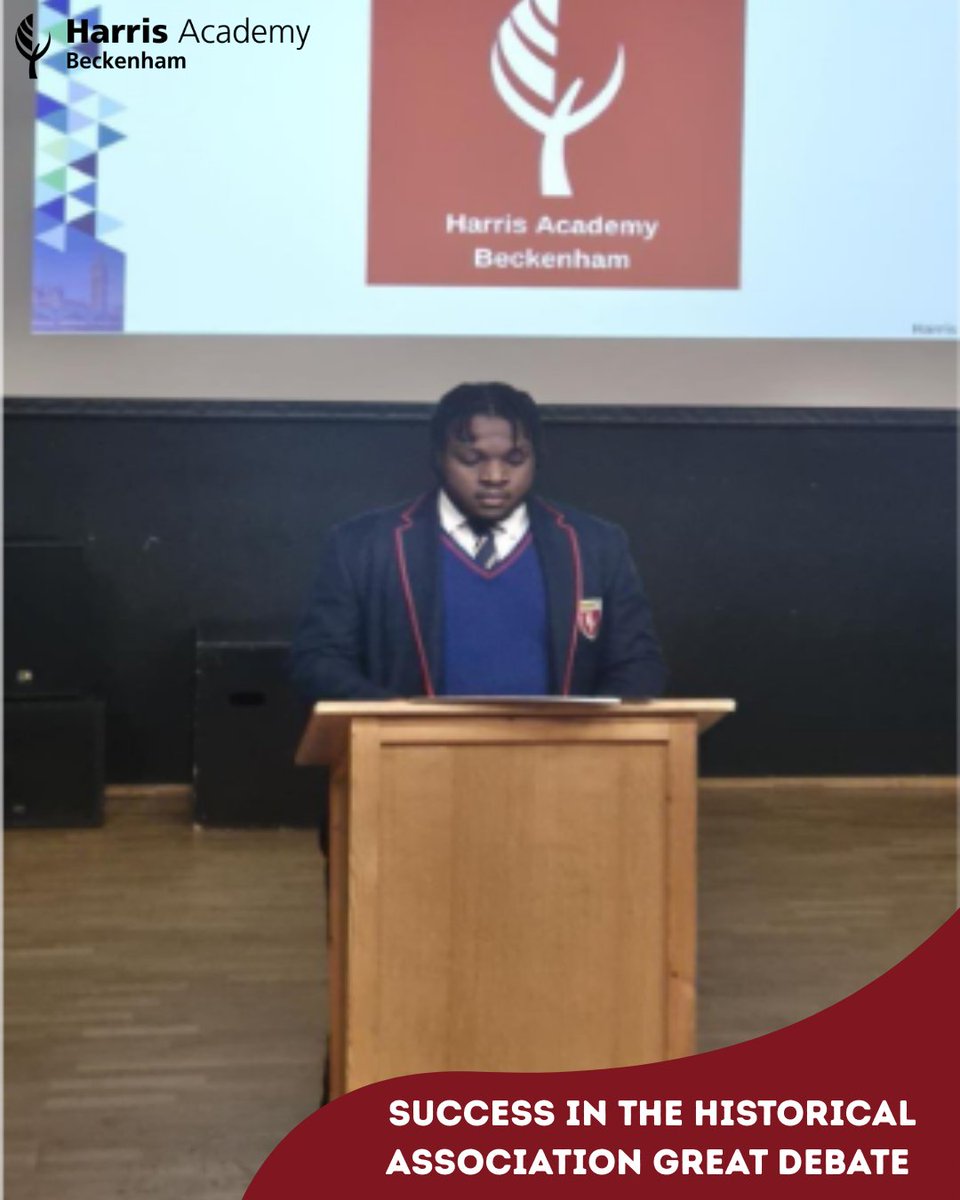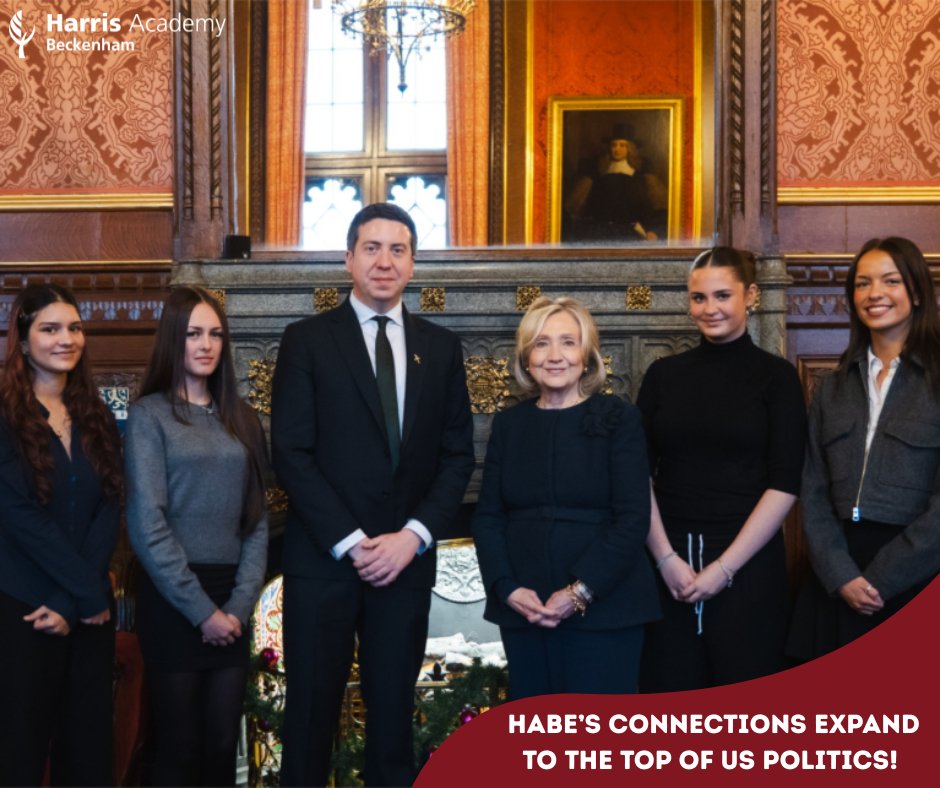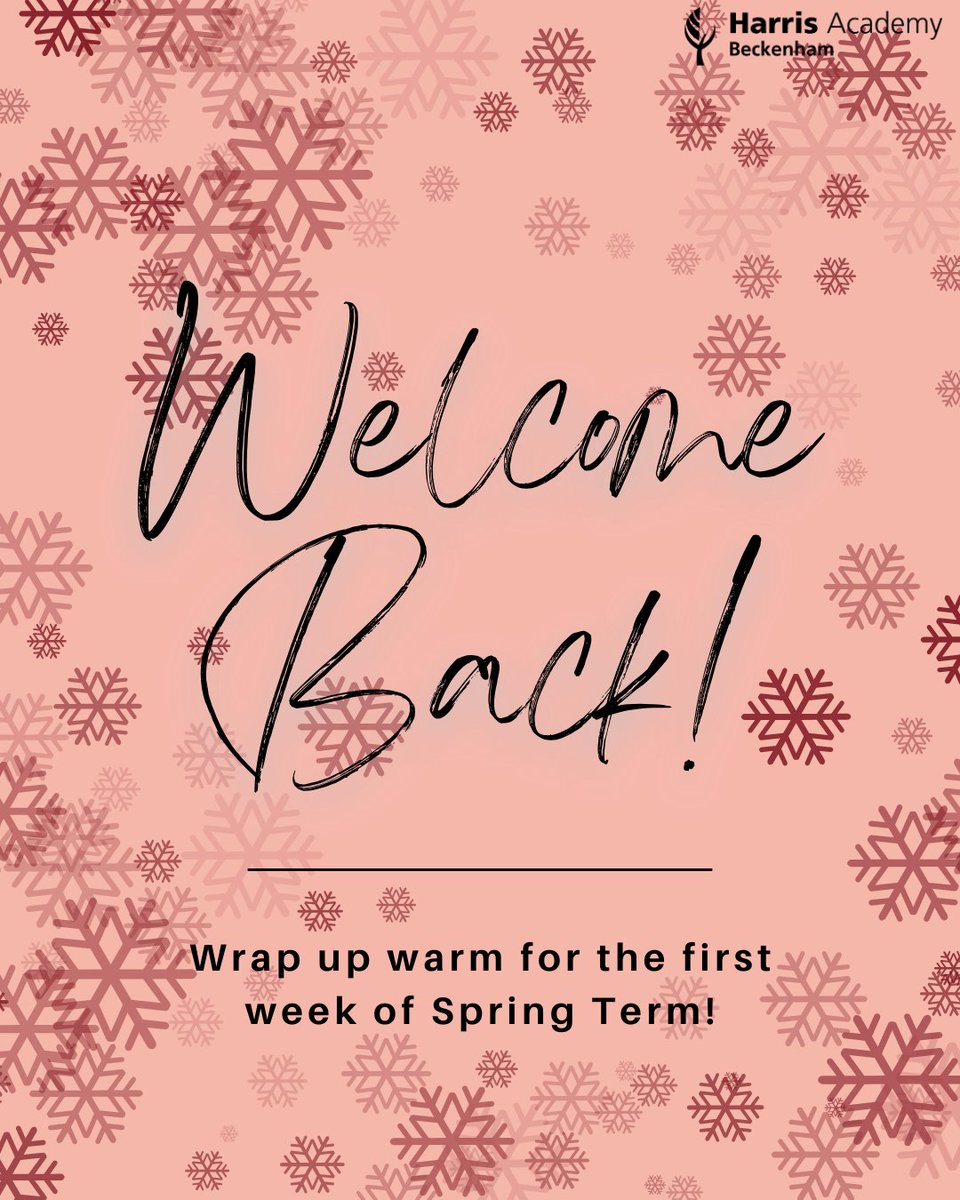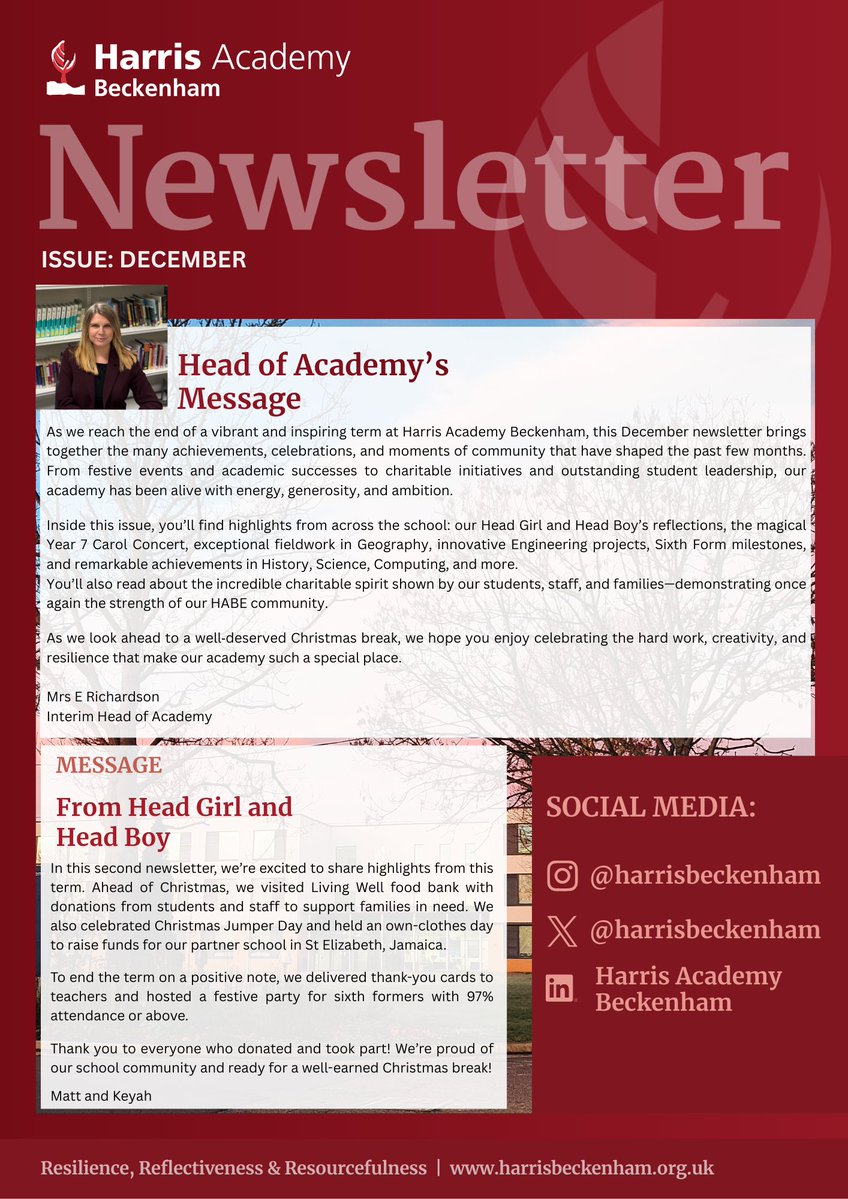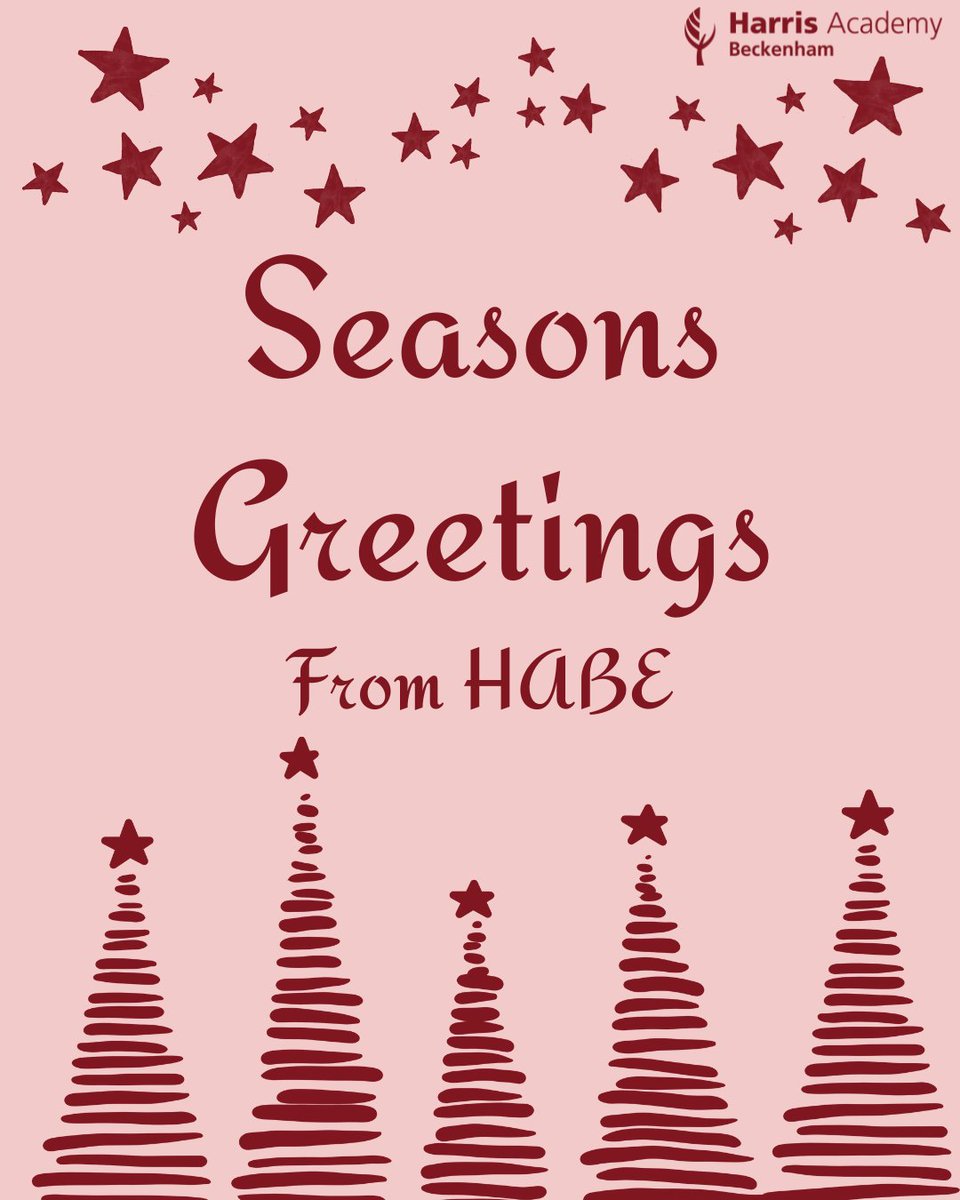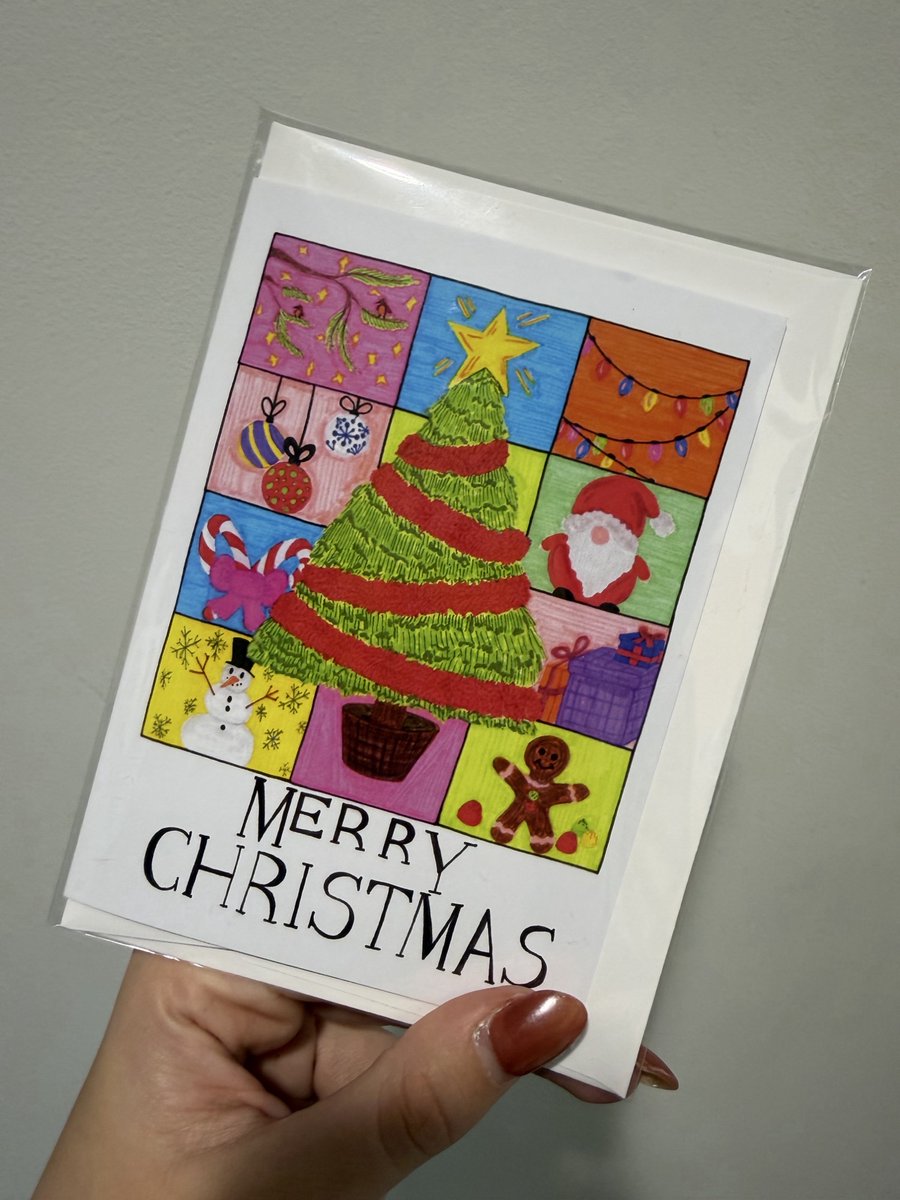Media
Curriculum intent
Students will demonstrate skills of enquiry, critical thinking, decision-making and analysis. Students will acquire knowledge and understanding of a range of important media issues. Students will develop appreciation and critical understanding of the media and their role both historically and currently in society, culture and politics. Students will understand and apply specialist subject-specific terminology to analyse and compare media products and the contexts in which they are produced and consumed in order to make informed arguments, reach substantiated judgements and draw conclusions about media issues. Students will appreciate how theoretical understanding supports practice and practice support theoretical understanding. Students will develop practical skills by providing opportunities for creative media production.
For further details of the Media curriculum please see the documents at the bottom of the page or contact Ms. R. Kelly.
The WJEC Eduqas qualification is designed to introduce learners to the key areas of the theoretical framework for studying media – media language, representation, media industries and audiences – in relation to diverse examples from a wide range of media forms: advertising and marketing, film, magazines, music video, newspapers, online media, radio, television and video games.
Through this study, learners gain an understanding of the foundations of the subject, enabling them to question and explore aspects of the media that may seem familiar and straightforward from their existing experience in a critical way. This extends learners' engagement with the media to the less familiar, including products from different historical periods or those aimed at different audiences, providing rich and challenging opportunities for interpretation and analysis. The study of relevant social, cultural, political and historical contexts further enhances and deepens learners' understanding of the media, as they explore key influences on the products studied.
This qualification recognises the cross-media, multi-platform nature of the contemporary media and the centrality of online and social media platforms in distributing, accessing and participating in the media. In some instances, specific forms are highlighted for detailed study, but this is in the context of their relationships to other media forms and platforms, recognising the fluidity of these and emerging, contemporary developments in the digital landscape.
Learning about the media involves both exploring and making media products and these two activities are fundamentally related in the specification. Learners create a media production for an intended audience, applying and developing their knowledge and understanding of media language and representation in response to a choice of briefs set by WJEC. This selection of forms allows learners to pursue their own media interests and develop their practical skills in this component.
Implementation
Analysis of the way in which products use media language to create meaning will be practised throughout the course as students develop an ‘analytical toolkit’ through the study of different media texts. Our students will develop their analytical skills throughout the course of study and they will benefit from undertaking regular analysis of different media texts. Our students will approach these forms and products holistically and synthesise their analysis with consideration of a variety of theoretical perspectives. Each set product will be introduced and placed in context, and our students will become familiar with the codes and conventions of the form and of the specific genres/types of product being studied.
Our students first study media texts to analyse factors such as genre/style, narrative/structure/design, messages/values/ideologies etc. Once they have an overview of a product they can focus on specific extracts for more detailed analysis of media language and representations. Relevant contexts will be considered in relation to media language and representations, and the appropriate theories will also be explored and evaluated. Once our students have a detailed understanding of the differing media products and the theoretical perspectives, they will then be explored in more detail including in relation to differing contexts (political, social, cultural and historical). Application of media theories will also be implemented. Theories of audience, genre, representation and industry will be taught throughout the course.
Impact
Studying the media equips students with a range of transferable skills. Without a doubt, the role of the media will not decline and all industries require a public or media profile; the knowledge gained through studying the media will be beneficial in the future - opening up an expanse of local, national and global employment possibilities. Students go on to study Media at KS5 and continue to study it at university; many then achieve employment within the creative industries. Increasingly we are seeing students who are equipped with the necessary skills, enthusiasm and confidence to apply for highly competitive industry apprenticeships and internships.
We use the following to judge the impact:
- Achievement – NEA moderation, external examinations and moderation outcomes. Progress towards this is tracked in terms of achievement and progress.
- Recruitment and retention – the number of students who we enrol, remain on the course for its duration and are assessed at the end. This is tracked through Bromcom MIS.
- Destinations – Students choosing to continue onto Media related courses at Sixth Form. Reporting and Feedback – the regularity and quality of the feedback students receive and how it is acted upon. Possible Federation-level moderation/standardisation.

